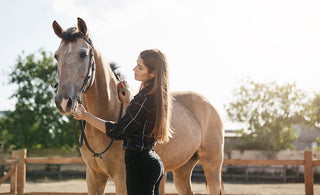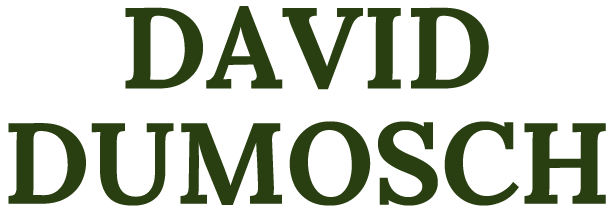
Caring for your equine companions goes beyond providing shelter and exercise; their well-being hinges on a well-balanced and nutritionally sound diet. Choosing the right feed for your horses is a crucial aspect of responsible horse ownership. With a myriad of options available in the market, finding the perfect balance can seem daunting. In this blog post, we'll explore the key considerations to ensure you're nourishing your noble steeds with the best possible feed.
-
Understand Your Horse's Unique Needs: Just as individual humans have different dietary requirements, horses are no exception. Factors such as age, weight, activity level, and health conditions all play a role in determining the nutritional needs of your horse. For instance, a pregnant mare, a growing foal, or a senior horse will have specific dietary requirements that differ from a horse in regular work.
-
Forage First: The foundation of a horse's diet is forage, such as hay or pasture. Aim for high-quality forage that is free from mold and dust. The type of forage you choose can depend on your location, season, and your horse's individual needs. Access to good-quality forage ensures your horse receives essential fiber, promoting proper digestion and overall gut health.
-
Balanced Nutrition: Beyond forage, horses require a well-balanced mix of grains, vitamins, and minerals. Commercial horse feeds come in various formulations, including concentrates and complete feeds. Concentrates are meant to supplement forage and are typically fed in smaller amounts, while complete feeds are designed to be the primary source of nutrition, providing all necessary nutrients in a single package.
-
Consider Specialized Feeds: Certain horses, such as performance athletes or those with specific health conditions, may benefit from specialized feeds. For example, feeds enriched with omega-3 fatty acids can support joint health, while low-sugar formulations may be suitable for horses prone to metabolic issues.
-
Read Labels and Ingredients: Understanding the ingredients listed on feed bags is crucial. Look for feeds with high-quality protein sources, a balance of grains, and added vitamins and minerals. Avoid feeds with excessive fillers, additives, or ingredients your horse may be allergic to.
-
Gradual Introductions and Adjustments: Changes to a horse's diet should be made gradually to allow their digestive system to adapt. Sudden changes can lead to digestive upset or colic. Monitor your horse's weight, coat condition, and energy levels, and make adjustments as needed.
Choosing the right feed for your horses is a multifaceted process that requires careful consideration of their unique needs and conditions. By understanding their nutritional requirements, selecting high-quality forage, and opting for feeds that meet their specific needs, you can ensure your equine companions receive the nourishment they need to thrive. Remember, a well-fed horse is a happy and healthy one, ready to embark on many more adventures by your side.

